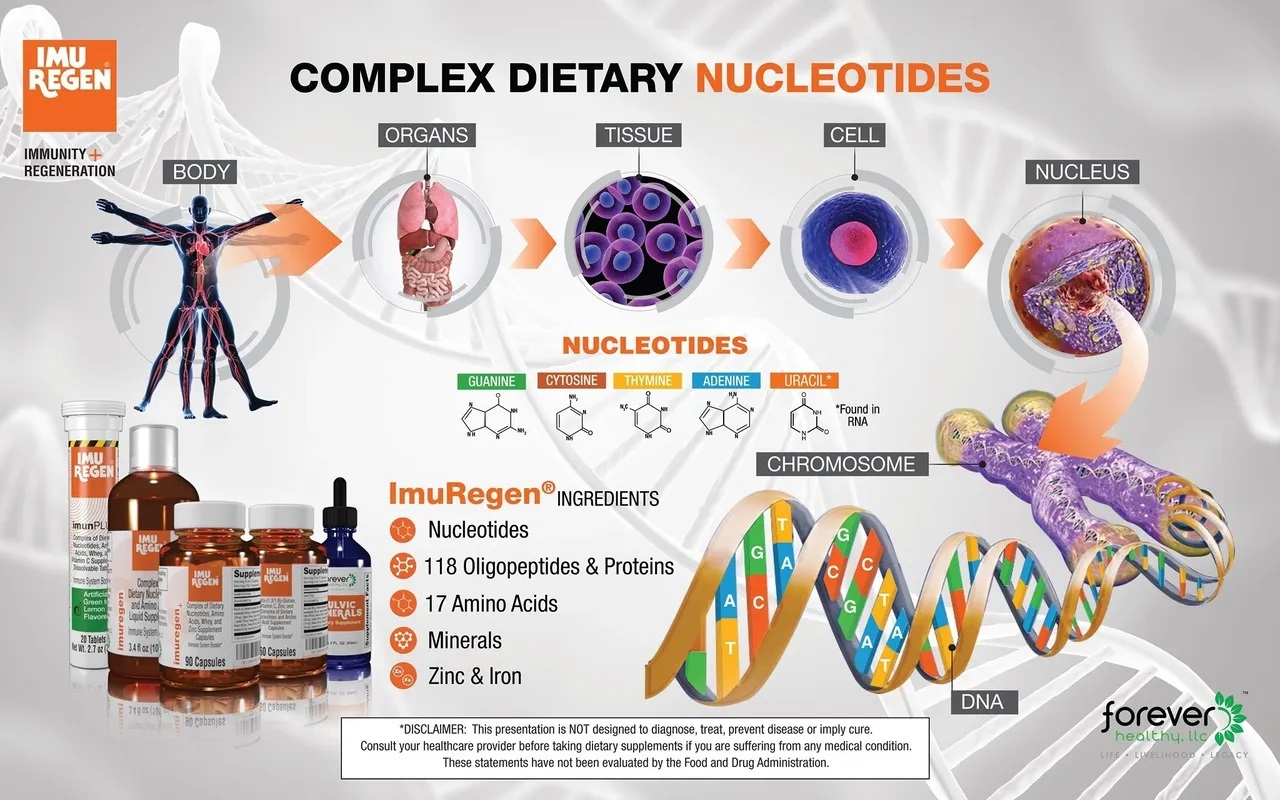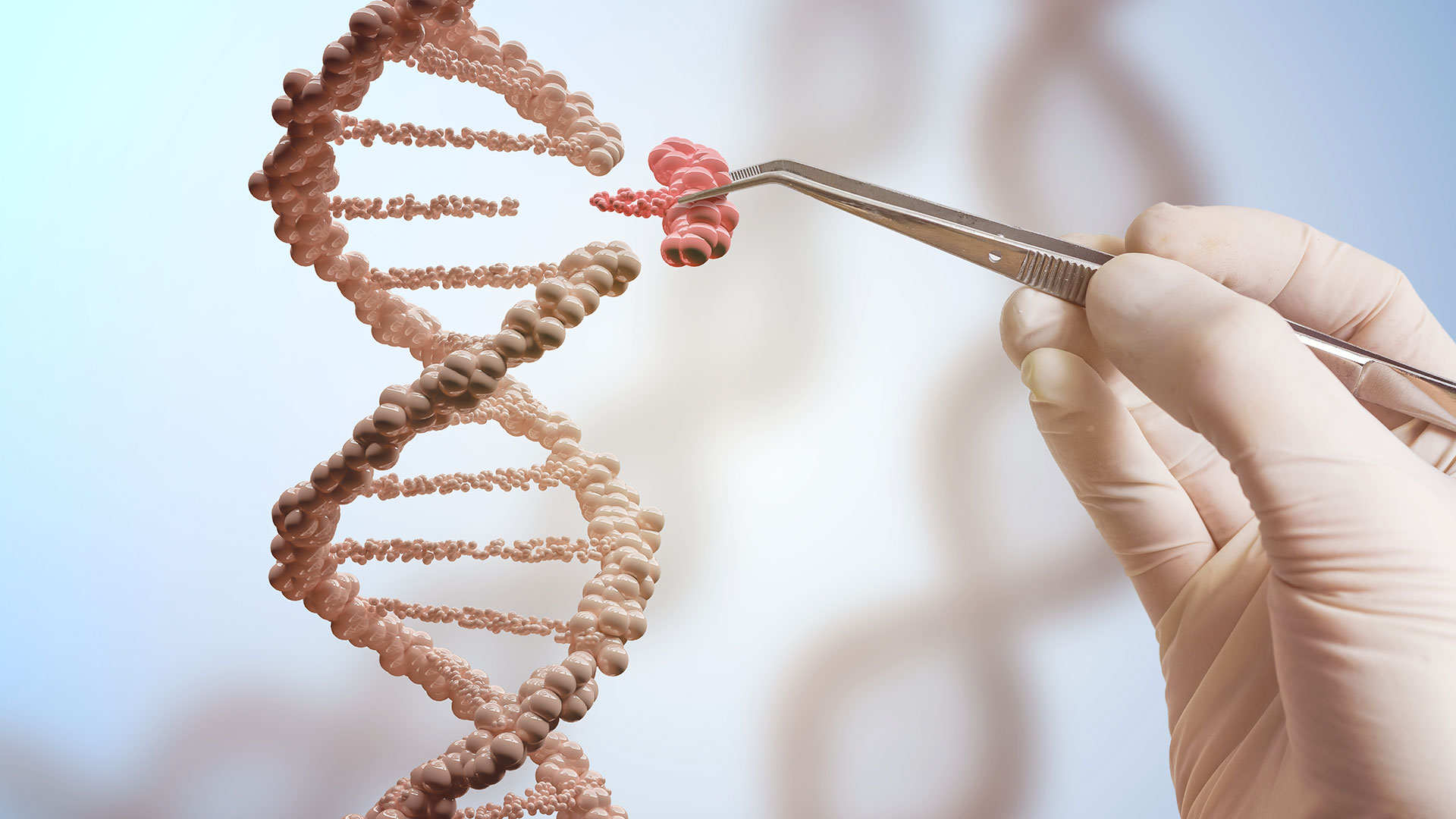Introduction:
In our pursuit of enjoying good health, we often prioritize vitamins minerals, and micronutrition. However, there’s a crucial component that remains overlooked oligonucleotides. These small yet powerful molecules, made up of short chains of nucleotides, are vital for our overall well-being, supporting processes like cellular repair and regeneration.
In this article, we delve into the world of oligonucleotides, shedding light on their significance and the need for supplementation to meet our body’s requirements.
Understanding OligoNucleotides:
Oligonucleotides are short sequences of nucleotides, building blocks of DNA and RNA that carry genetic information and play vital roles in cellular functions. But beyond their significance in genetics, oligonucleotides possess unique nutritional properties that are often overlooked.
Unveiling the Nutritional Power of OligoNucleotides:
Let’s explore how oligonucleotides contribute to our overall health, highlighting their role in cellular repair and regeneration:
1. Cellular Repair: Oligonucleotides are essential for the repair and maintenance of damaged DNA and RNA within our cells. They facilitate processes like DNA synthesis, ensuring accurate replication and minimizing the risk of mutations. By supporting cellular repair mechanisms, oligonucleotides promote optimal functioning and longevity of our cells.
2. Regeneration and Healing: Oligonucleotides play a vital role in tissue regeneration and wound healing. They are involved in cell signaling, growth factor production, and immune response modulation, orchestrating the complex process of tissue repair. By supporting the body’s natural healing mechanisms, oligonucleotides aid in efficient regeneration and recovery.
Challenges in Obtaining Adequate OligoNucleotides from Food:
While certain foods contain oligonucleotides, the amounts available are relatively small and often insufficient to meet our body’s needs for repair and regeneration.
Here are a few reasons why relying solely on dietary sources may not be enough:
1. Limited Quantities: Oligonucleotides are present in foods like fish, legumes, mushrooms, and whole grains. However, the amounts found in these sources are typically insufficient to provide the optimal levels required for significant cellular repair and regeneration.
2. Variable Bioavailability: The ability of our bodies to absorb and utilize oligonucleotides from food can vary. Factors like individual digestion and the presence of other dietary components may affect our ability to fully derive the benefits from these sources.
Supplementation:
Meeting the OligoNucleotide Gap: Due to the challenges associated with obtaining sufficient oligonucleotides from food alone, supplementation becomes necessary to bridge the gap. High-quality oligonucleotide supplements offer a targeted approach to ensure an adequate intake of these vital molecules:
1. Enhanced Cellular Repair: Oligonucleotide supplements provide concentrated amounts of these crucial molecules, supporting efficient cellular repair processes and minimizing the risk of DNA and RNA damage.
2. Promoting Regeneration: By supplying the body with an ample supply of oligonucleotides, supplementation aids in tissue regeneration, healing, and efficient recovery from injuries and stresses.
3. Customized Support: Oligonucleotide supplements can be tailored to meet specific needs, such as supporting specific cellular repair mechanisms, immune function, or tissue regeneration processes.
Conclusion:
Optimal nutrition goes beyond macronutrients and vitamins; it includes the often-overlooked oligonucleotides. These vital molecules are essential for cellular repair, regeneration, and overall well-being. While dietary sources provide some oligonucleotides, the amounts are typically limited.
To truly unlock the power of oligonucleotides and support our body’s repair and regeneration processes effectively, supplementation becomes necessary. By incorporating high-quality oligonucleotide supplements into our routine, we can bridge the gap and provide our bodies with the necessary arsenal for vitality, rejuvenation, and a sustained sense of well-being.
Imuregen contains a proprietary blend of 5 Nucleotides, 118 Oligopeptides, 17 Amino Acids, and Trace minerals.
Note: When considering any dietary supplements, it is advisable to consult with a healthcare professional or a registered dietitian to ensure they align with individual needs and health conditions.


